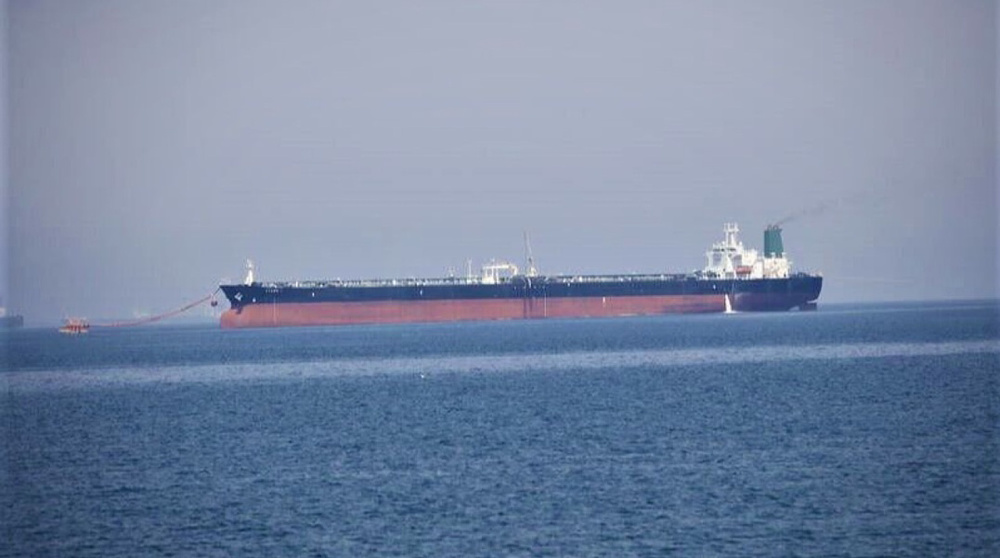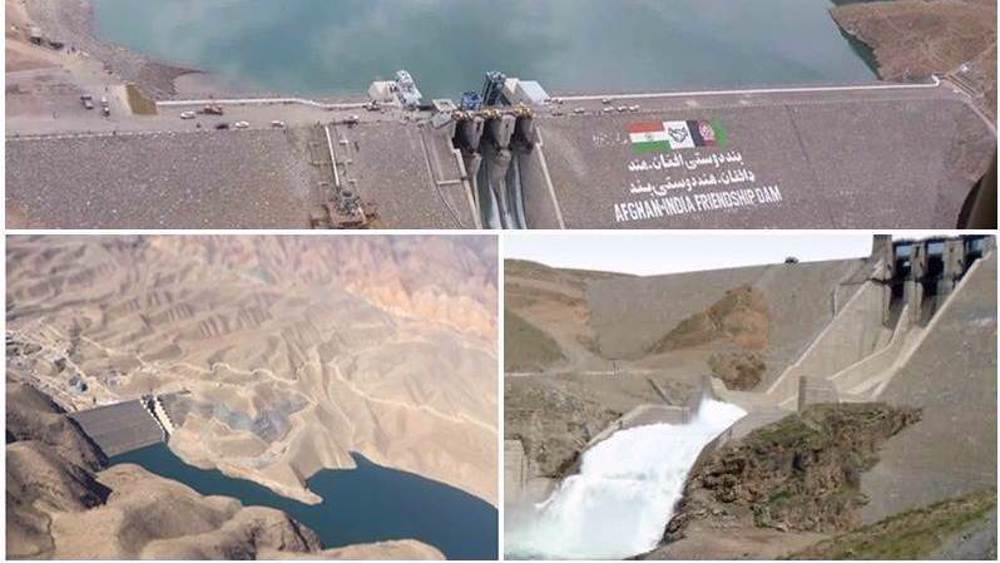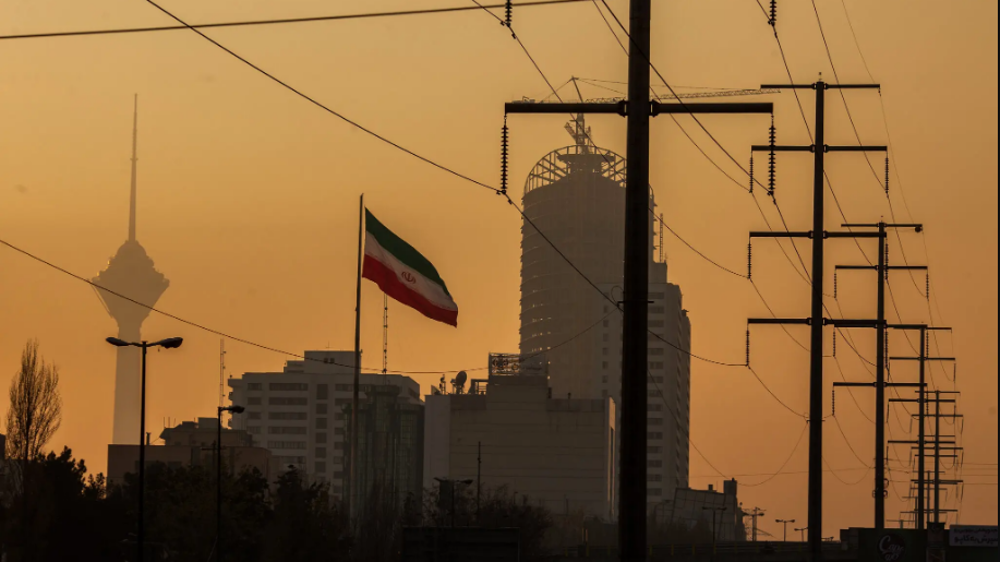Iran open to oil output freeze in future
Minister of Petroleum Bijan Zangeneh says Iran will take part in discussions on a possible oil production freeze after its output reaches 4 million barrels per day.
Russian Energy Minister Alexander Novak is expected in Tehran on Monday, with Zangeneh saying that there will be definitely a meeting between the two to discuss “oil policies.”
“I have already announced my view regarding the oil freeze and I’m saying now that as long as we have not reached 4 million (barrels per day) in production, they should leave us alone," Zangeneh said on Sunday.
“When we reach this level of production, we can then cooperate with them,” he added, referring to Russia and Saudi Arabia which have agreed to a production freeze provided that other major producers followed suit.
Iran is trying to regain its market share after the removal of sanctions. Zangeneh has already dismissed the idea of a production freeze by Iran as "a joke."
"We do not intend to sanction ourselves again after coming out of the sanctions," Deputy Petroleum Minister Amir Hossein Zamani said last month.
OPEC and non-OPEC producers are working to shore up prices which have nosedived around 70% since mid-2014.
Zangeneh said he was satisfied with oil at $70 a barrel, but “if the oil price goes below this figure, no problem will arise” for Iran.
The minister said he expects Iran’s crude oil exports to hit 2 million bpd in the current Persian month of Esfand which ends on March 20.
The country exported 1.75 million bpd last month, the largest since 2012, which came after the lifting of sanctions on the country, the minister told reporters on Sunday.
“In the past month of Bahman, we managed to export 1.75 million bpd of crude but this figure will reach 2 million bpd in the month of Esfand. Hence, we are expecting the volume of our crude oil exports to touch 2 million bpd in Esfand,” he added.
Talks with GE
Zangeneh also confirmed talks between the National Iranian Oil Company (NIOC) and General Electric which last week announced plotting a strategy for its oil and gas business in Iran.
“Of course, my deputy conducted these negotiations and when I inquired about them, it was said that the talks were positive,” he said.
“In general, we have no problem with the presence of American companies in Iran. But it is the American government which is creating restrictions for these companies,” he added.
Chief Executive of GE’s oil and gas division Lorenzo Simonelli visited Iran recently to “understand what was taking place in the country,” he told Bloomberg.
“Iran is a big market from an oil and gas perspective. We will abide by the sanctions, but it’s a market where we used to transact,” he said.
Zangeneh also said he had “frankly” told Siemens executives that the German company “must come to Iran to build equipment and parts needed in our oil industry and manufacture them here.”
Chief executive of Europe's biggest engineering conglomerate, Joe Kaeser, visited Tehran last month and met Zangeneh to work out details of an initial agreement which the two sides signed in January.
Gen. Soleimani stood by Iraq during most challenging times: Iraqi PM
Israeli soldier flees Brazil amid probe into Gaza war crimes
Another journalist killed in Israeli attack on Gaza as toll rises to 220
Gaza faces severe shortage of medicine amid Israel's blockade
VIDEO | Sydney protesters denounce genocidal war on Gaza
8th baby freezes to death in Gaza amid Israel's campaign of extermination
VIDEO | Internal disputes in Israel
UN force slams Israel’s truce violations as Hezbollah warns of retaliation










 This makes it easy to access the Press TV website
This makes it easy to access the Press TV website